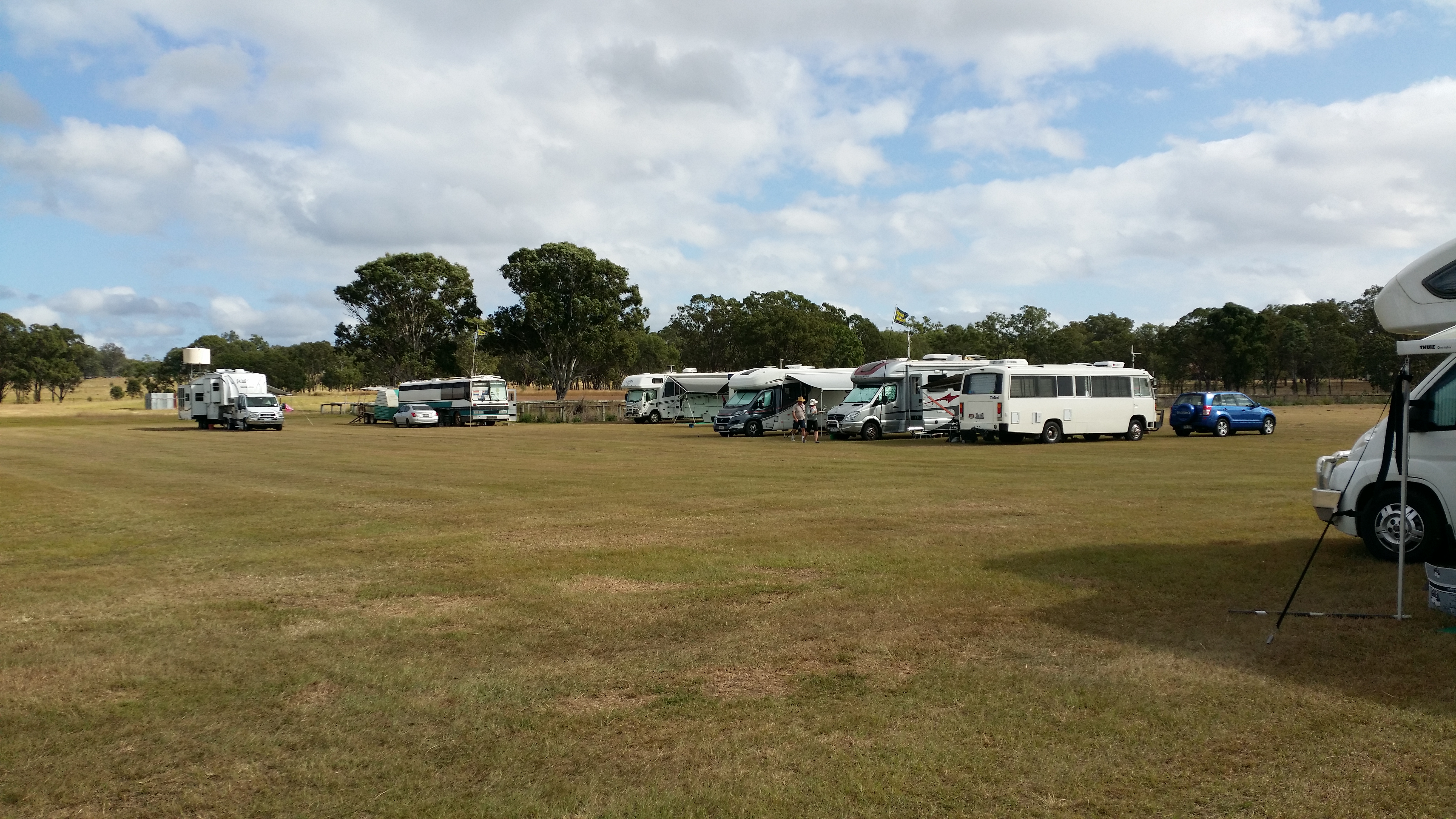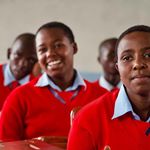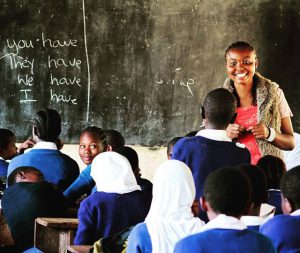Hi All,
Our next meeting will be held Tuesday, 12th June at 7.30pm EST.
Hopefully we will have an interesting guest speaker and we may also be inducting a new member. It promises to be a great meeting.
Carolyn and I are continuing to enjoy our travels in Queensland after a very enjoyable five days at Monto with the Highway Wanderers (picture below) most of whom live and travel in their motor homes all year round. Some very interesting people.

We are currently staying on a farm stay property near Roma and tomorrow we travel to stay for four nights at Canarvon Gorge. Apparently some spectacular walks and scenery. It is a little cold at night but should be good for walking.
This is a great story by a new member of Rotary.
Rotaractors: Find your road to Rotary

Rebecca Fry will be presenting a workshop on the Road to Rotary at the Rotaract preconvention.
By Rebecca Fry, a member of the Rotary E-Club of Silicon Valley
In 2005, I made a seemingly small decision to apply for “science camp.” It happened to be the Rotary-sponsored, National Youth Science Forum. Fast forward 13 years and I’ve been heavily involved in the Rotary Youth Leadership Awards (RYLA), Rotaract and most recently I took the next exciting leap and joined the Rotary E-Club of Silicon Valley. Selecting the best Rotary club to join was an 18-month journey.
As a past-president of Sydney City Rotaract, I had existing relationships with a couple of local Rotary clubs in the city, however it was challenging for me to attend their weekly meetings based on meeting location, time and in some circumstances, cost.
A Rotaract friend invited me to attend one of their e-club meetings back in early 2017. I’ll admit I was a little hesitant at first as I love the personal interaction, friendships, and networking that stem from being involved in my local Rotaract club and I was unsure if an e-club would be able to provide me with the same personal connection. Soon I came to appreciate the meeting format, online initiatives, and international network. But there were still some questions I needed to answer – Why was I joining Rotary? and What did I want to both give and get out of my Rotary membership? These are two critical questions that I anticipate many of us don’t answer, yet are essential for us to find the right club.
More specific questions that can help us understand our personal needs include:
- Have you moved to a new city and are looking to make friends?
- Do you have a preference for a morning, lunchtime, or evening Rotary meeting?
- Are you seeking practical volunteering opportunities?
- What skills would you like to bring to a Rotary club?
Upon reflecting on my internal motivations, I realized that with the amount of volunteer work I was doing for RYLA, Rotaract, and Rotary in the professional development space, I needed a club that could flexibly fit around my schedule. I also came to appreciate that I’d love to work overseas in the future, so a remote club with an international network was a big tick. I also found I resonated with like-minded members at Rotary E-Club of Silicon Valley, who were so welcoming and set up Facetime and Skype chats so we could connect despite being thousands of miles apart!
At the upcoming Rotaract Preconvention, 22-23 June in Toronto, Ontario, Canada, Florian Wackermann and I will be presenting a workshop on the Road to Rotary for Rotaractors. Our goal is to help Rotaractors to understand the variety of opportunities to remain in the Rotary family and more specifically help you find your place in the Rotary world, where you can continue to create positive change in the world, develop your leadership skills and make long lasting friendships.









